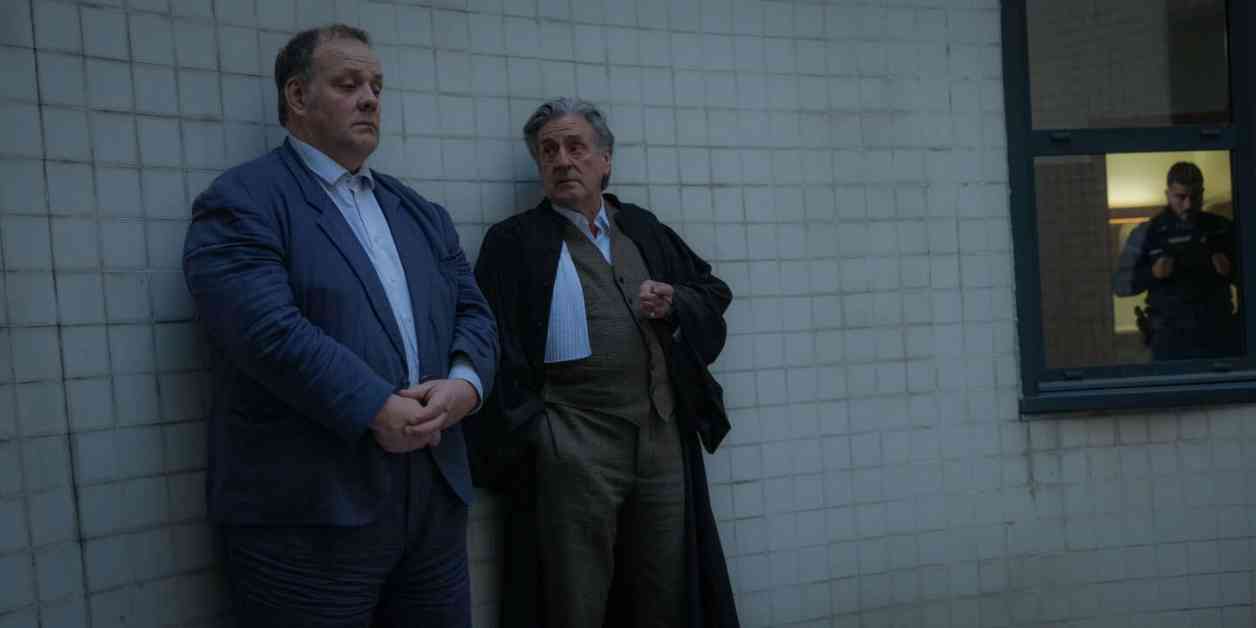Daniel Auteuil’s Le Fil: Exploring the Relativity of Testimonies
For his fifth feature film as a director, actor Daniel Auteuil delivers a compelling adaptation of a real-life crime story.
At 74 years old, Daniel Auteuil has not retired his acting chops. His talent, technical skill, consistent performances, and wide range are undeniable. While he may not be as prominent in recent years as he was in his prime, Auteuil has taken matters into his own hands by stepping behind the camera in the 2010s. His previous attempts at reviving Pagnol’s adaptations and a successful theatrical play by Florent Zeller have paved the way for his latest project, « Le Fil. »
« Le Fil » stands out as Auteuil’s most convincing directorial effort to date. The film tackles a dark and tense criminal story inspired by a real-life event documented by the late lawyer Me Mô in his book « Au Guet-apens, chroniques de la justice pénale ordinaire » (2011). With a restrained yet effective direction, convincing actors, and a gripping twist, « Le Fil » captivates its audience.
In the film, Auteuil portrays Me Jean Monier, a criminal defense attorney who has retired from handling criminal cases after successfully defending a repeat offender. One evening, when his ex-wife hesitates to go to a police station for questioning, Monier gallantly decides to go in her place. This decision leads him to cross paths with Nicolas Milik, a man accused of brutally murdering his wife. Despite Milik’s claims of innocence, the legal system closes in on him, prompting Monier to question the evidence against him.
As Monier delves deeper into the case, conflicting testimonies and evidence blur the lines of truth. With family members, friends, and physical evidence pointing in different directions, Monier is faced with a moral dilemma. Should he defend a man who appears guilty based on circumstantial evidence, or should he trust Milik’s version of events?
The film expertly navigates the complexities of the legal system, the nuances of human relationships, and the unreliability of testimonies. Auteuil’s portrayal of Monier as a conflicted and determined lawyer adds depth to the narrative, keeping viewers engaged until the final revelation.
With « Le Fil, » Daniel Auteuil delves into the relativity of testimonies, challenging viewers to question their perceptions of guilt and innocence. The film serves as a thought-provoking exploration of justice, morality, and the intricacies of human nature.
As Auteuil continues to prove his prowess both in front of and behind the camera, « Le Fil » stands as a testament to his enduring talent and creative vision. A must-see for fans of gripping crime dramas and character-driven narratives, this film solidifies Auteuil’s legacy as a versatile and skilled storyteller.
In conclusion, « Le Fil » is a compelling and thought-provoking film that delves into the complexities of human nature and the legal system. Daniel Auteuil’s direction and performance elevate the story, making it a must-watch for audiences seeking a nuanced and engaging cinematic experience.




